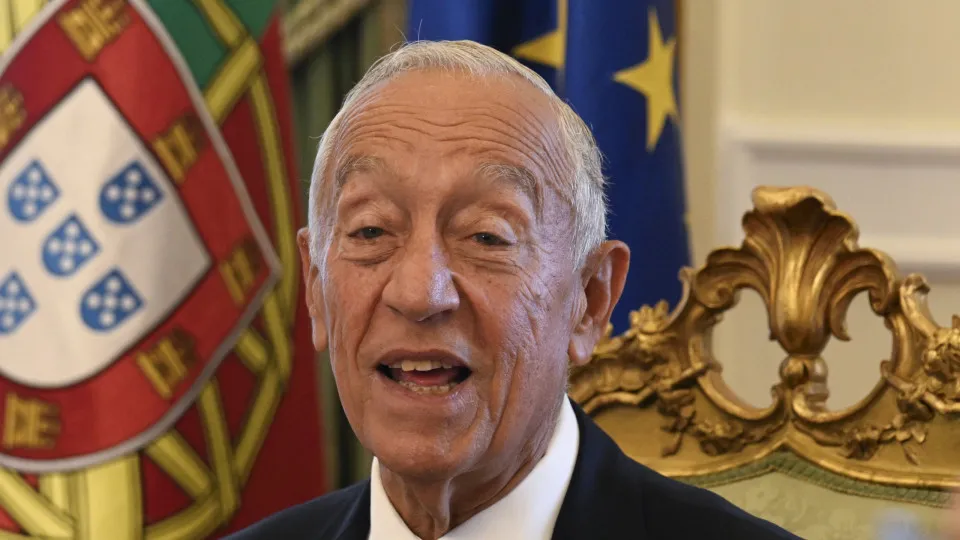
“If you ask me whether the nationality law has a pull effect, I would say, in my perception, it is minimal,” although it is necessary “to avoid situations of abuse and instrumentalization of access to the Portuguese passport,” stated António Vitorino, during a parliamentary hearing on the amendment to the Nationality Law.
For António Vitorino, integration is “a two-way system” that requires effort from the immigrant, but also from the host state, primarily at the municipal level, then in businesses, and finally in schools.
“School is crucial and fundamental,” and it is “very important that there are mediators,” he said, considering that the number of those “admitted recently is still insufficient,” because “children have a socializing effect on the entire family,” emphasized the official.
The former head of the International Organization for Migration (IOM) recalled that immigrants gain “permanent resident status after five years,” so the country’s focus should be on “betting on integration.”
“Migration projects are very varied,” with “immigrants having short-term projects, others longer-term, and indeed, some aiming to acquire nationality of the destination country,” he summarized.
Regarding the integration issues caused by the extension of the deadlines for accessing nationality, António Vitorino also downplayed them, as the “essential focus must be on integration from the moment of arrival.”
The only migration segment for whom these deadlines may matter are qualified immigrants.
“Let’s be completely objective and honest: there is competition in the international market for qualified immigrants,” and “this competition should not leave Portugal on the sidelines.”
For these “highly qualified immigrants, the issue of access to nationality can be a relevant element,” warned the official, who did not criticize the difference in residence periods required for CPLP citizens (seven years) compared to others (ten) for citizenship access, as “it’s positive discrimination.”
As for “the matter of language requirements and knowledge of the country,” one of the conditions for access, Vitorino considered it a “somewhat vague” proposal and said it “should be subject to consideration” and “common sense,” urging that the law be “a bit more specific about what is intended with these criteria.”
Regarding the possibility of losing nationality for those who commit crimes, at the discretion of a judge, Vitorino, who described himself as a “retired constitutionalist,” said the solution does not seem unconstitutional.
However, he warned that some naturalized citizens might risk becoming stateless, especially when they have to renounce their original citizenship to obtain Portuguese citizenship, as seen in countries like Nepal, India, or Bangladesh.
“The application of the accessory penalty cannot create such situations,” he cautioned.
On the calculation of deadlines for obtaining nationality — calculated from the granting of the residence permit and not from the application made — António Vitorino criticized the measure, stating that “a country that respects the rule of law does not attribute the administration’s inertia to the applicants.”
“The count should start when the immigrant takes the initiative” and “should not be penalized for the administration dragging its feet,” he said, urging lawmakers to reach a consensus on the approval of the new law.”




